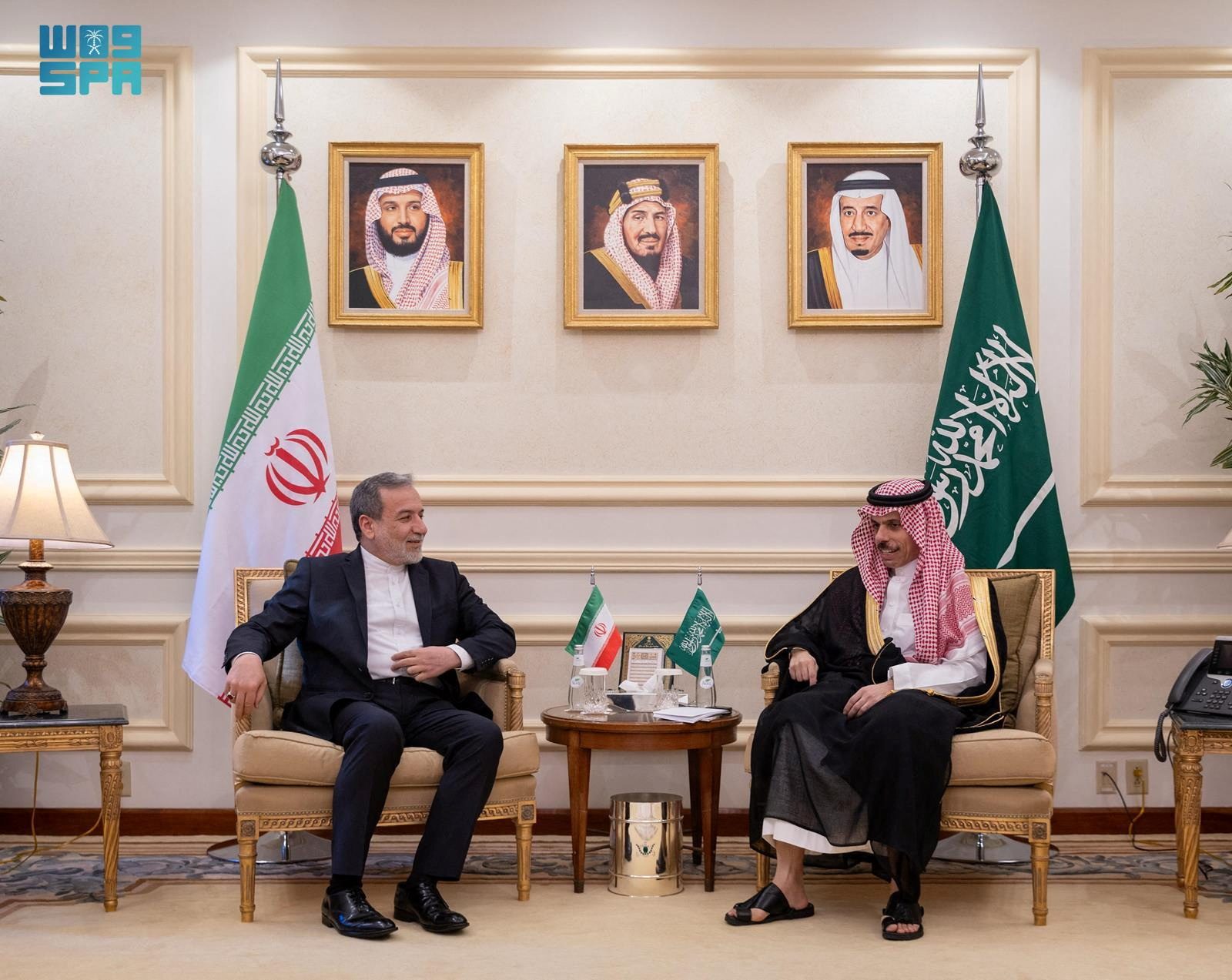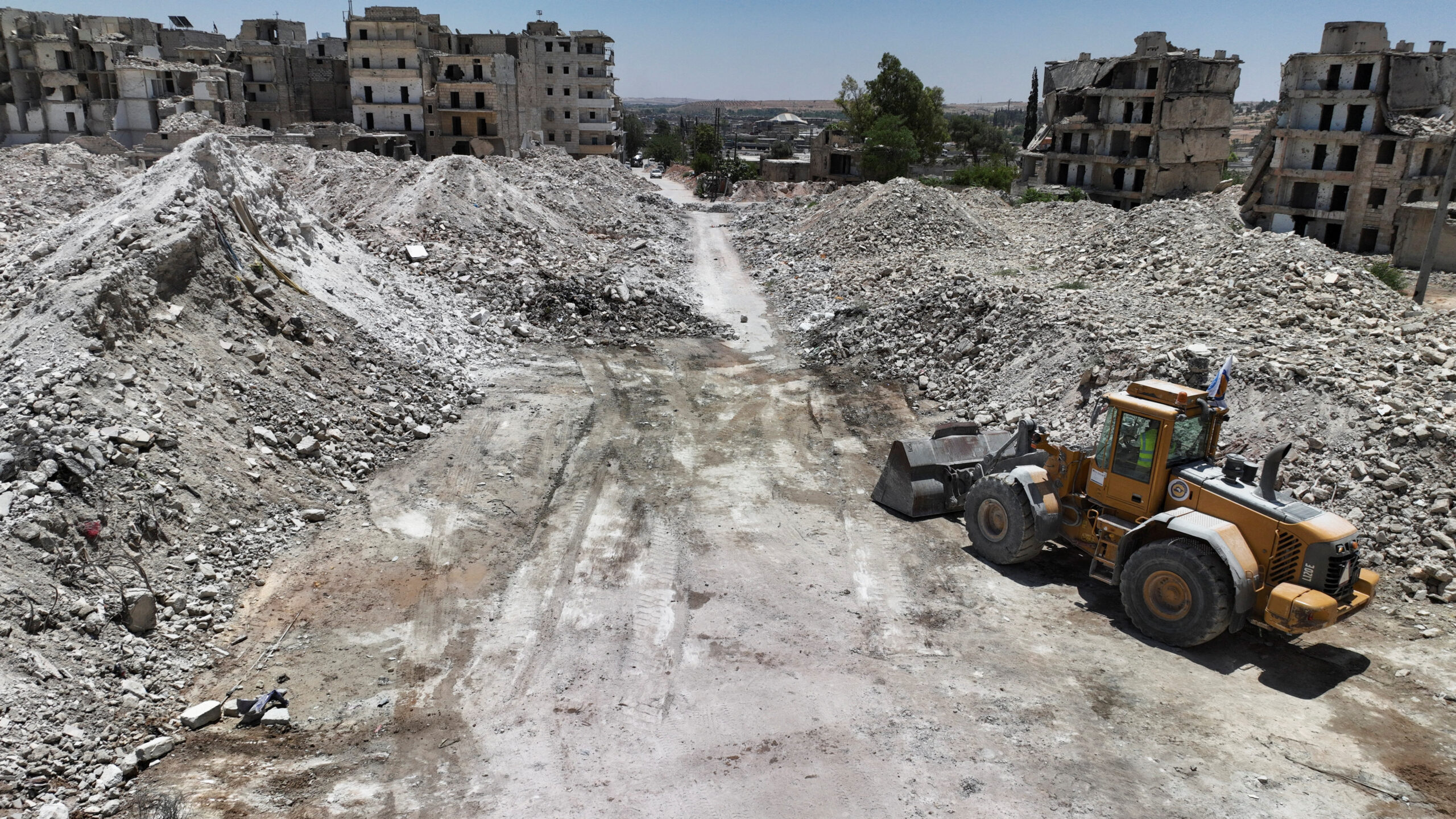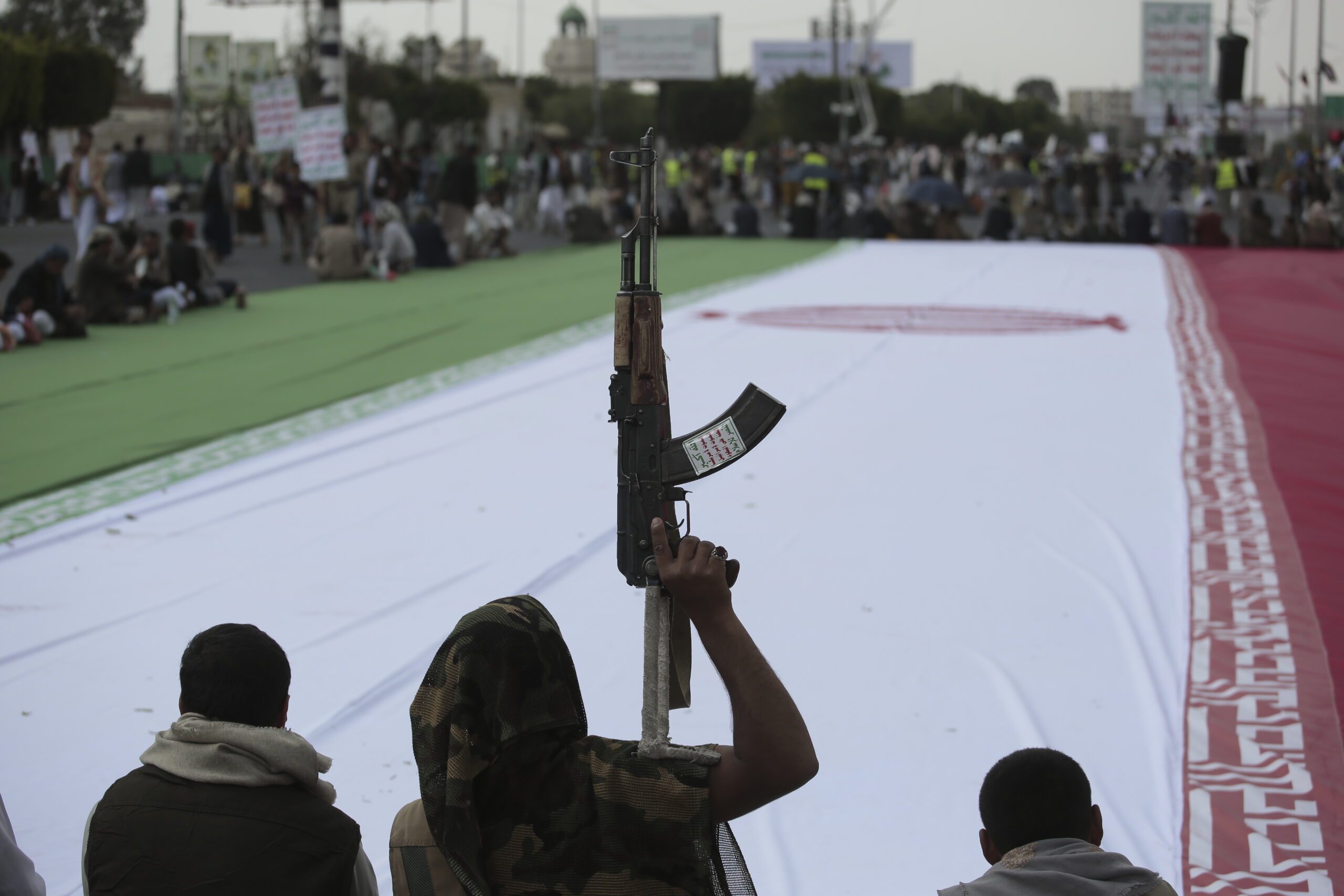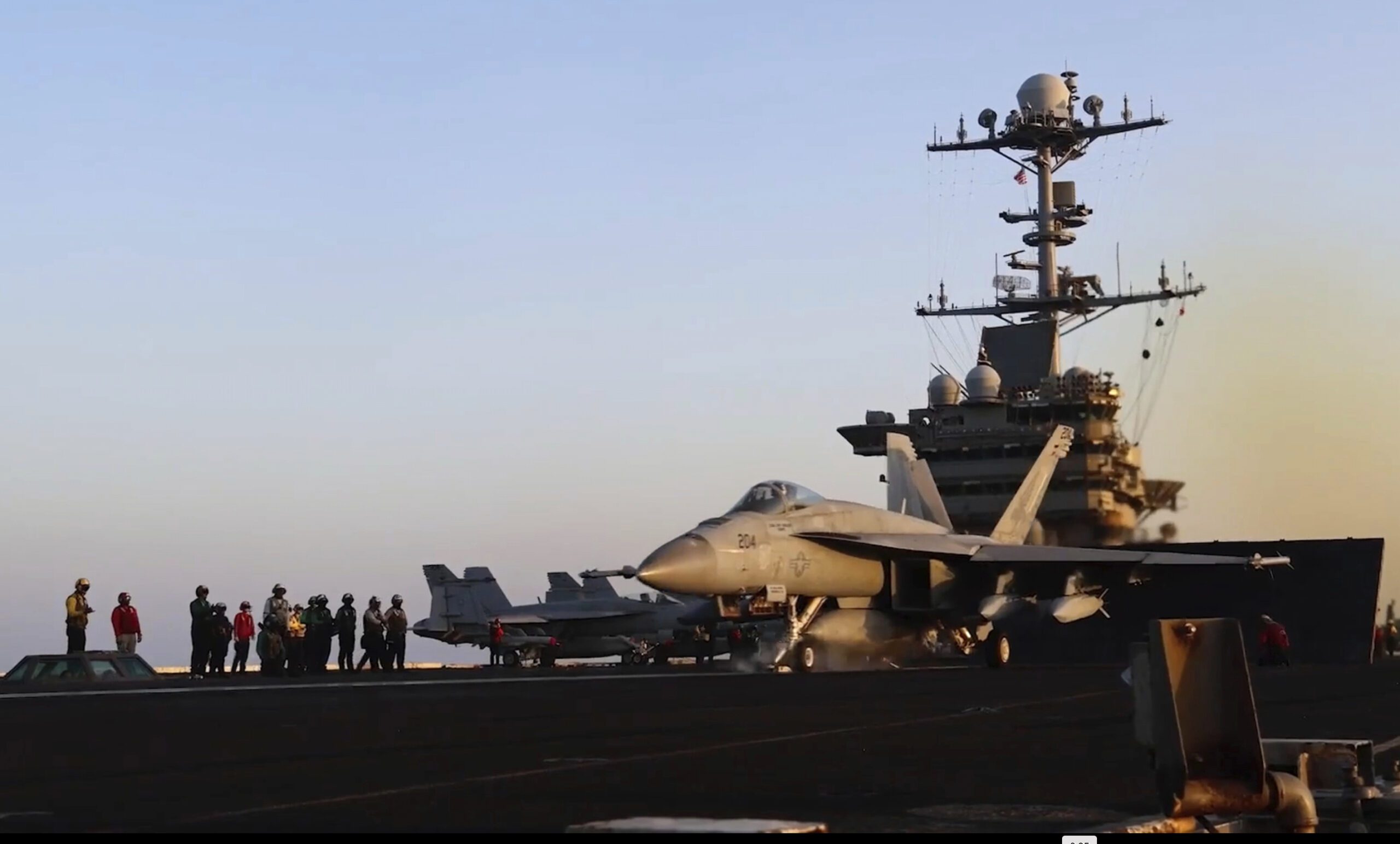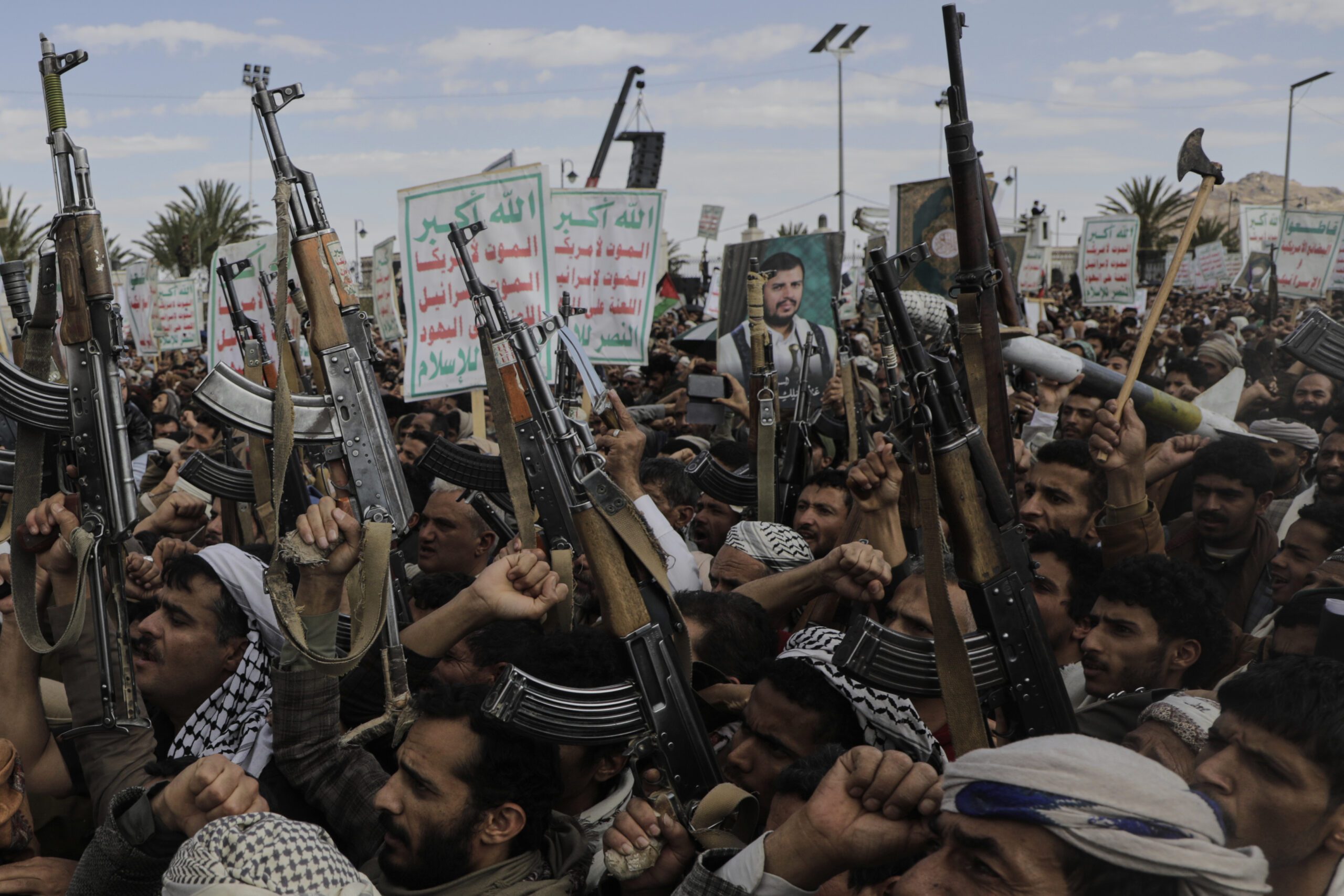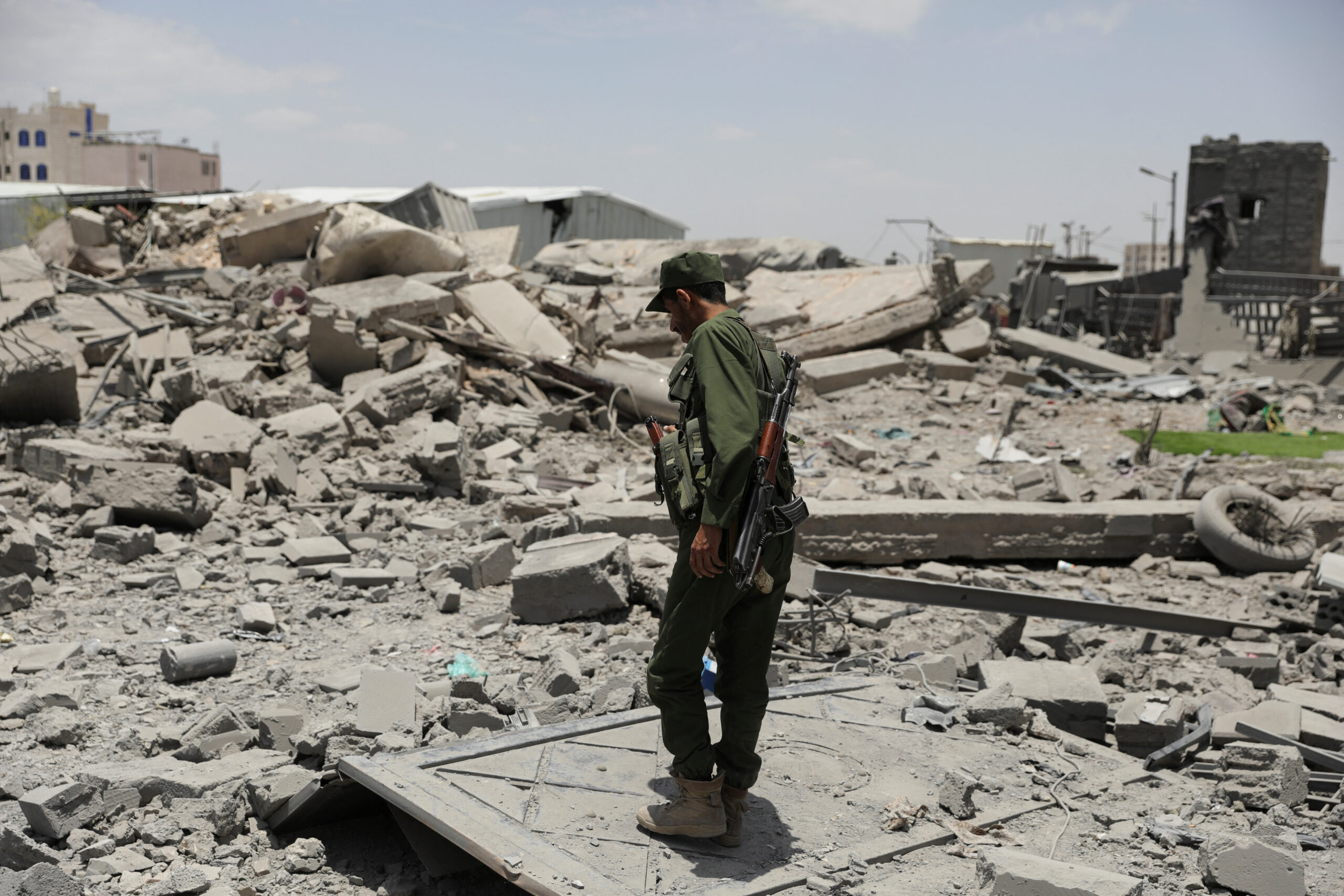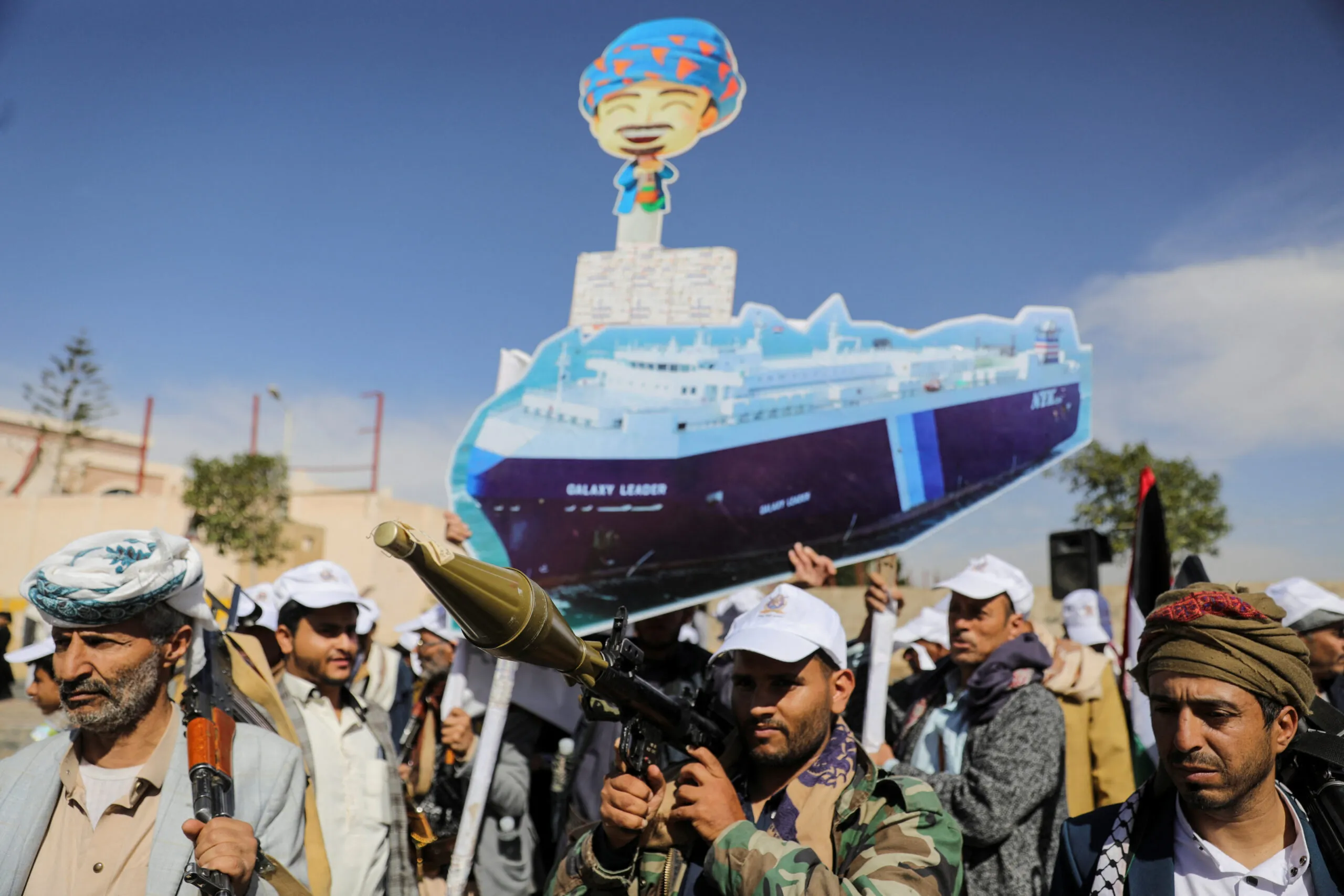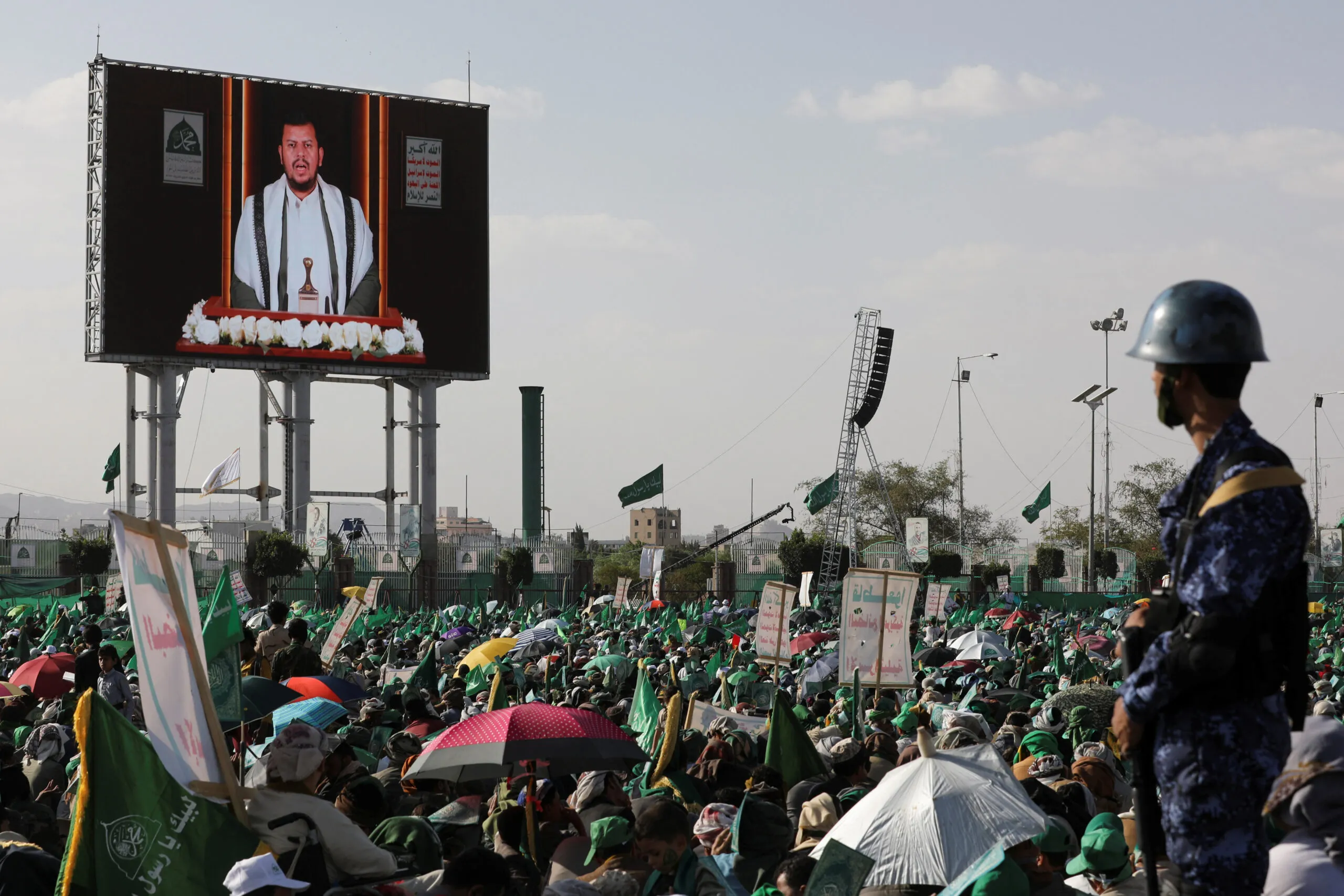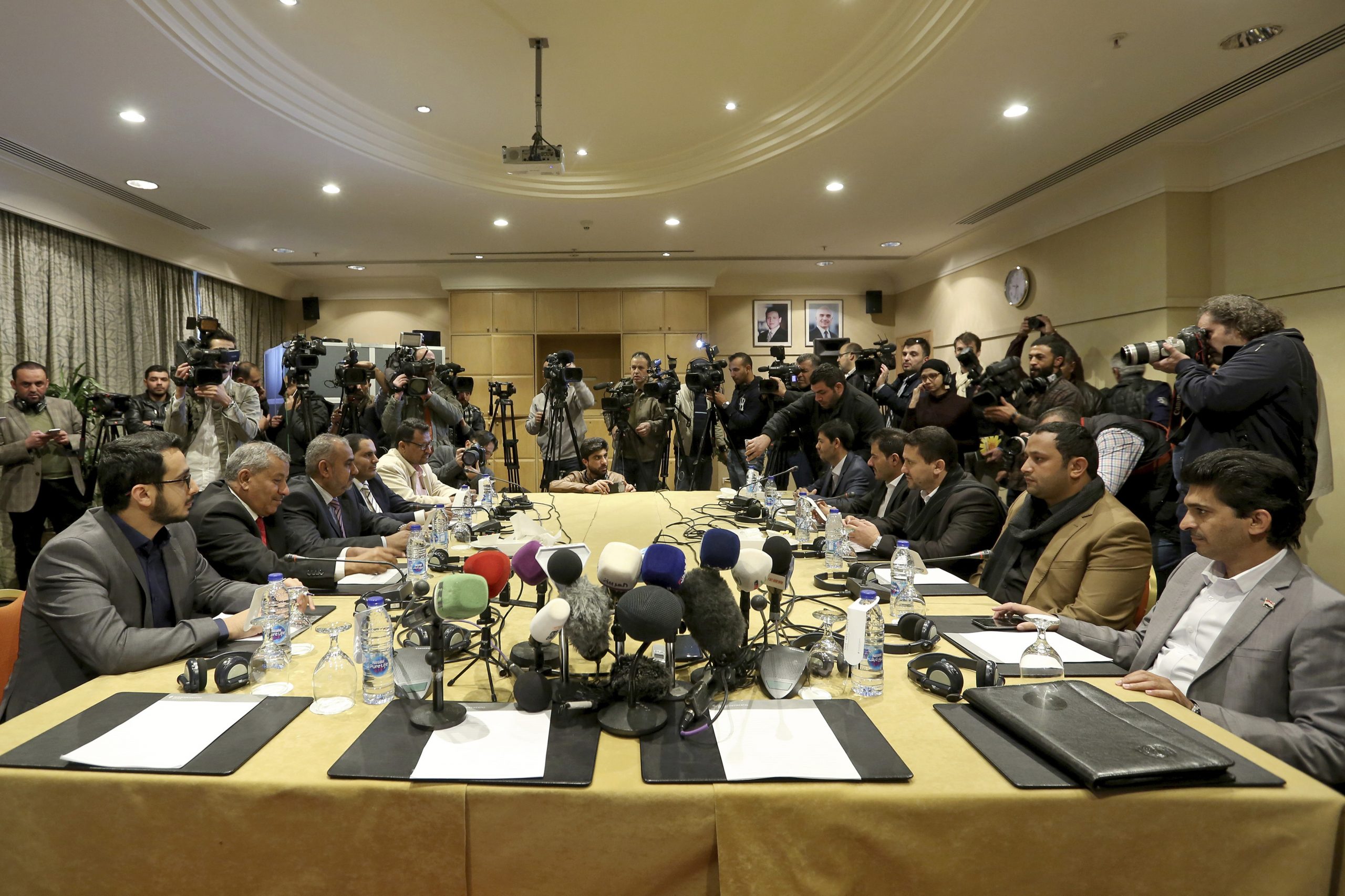melgohari
سيكون الحوثيون أكثر عرضة للخطر، بعد الانسحاب الكامل للقوات السعودية والإماراتية، مما كانوا عليه في أي وقت خلال الحرب.
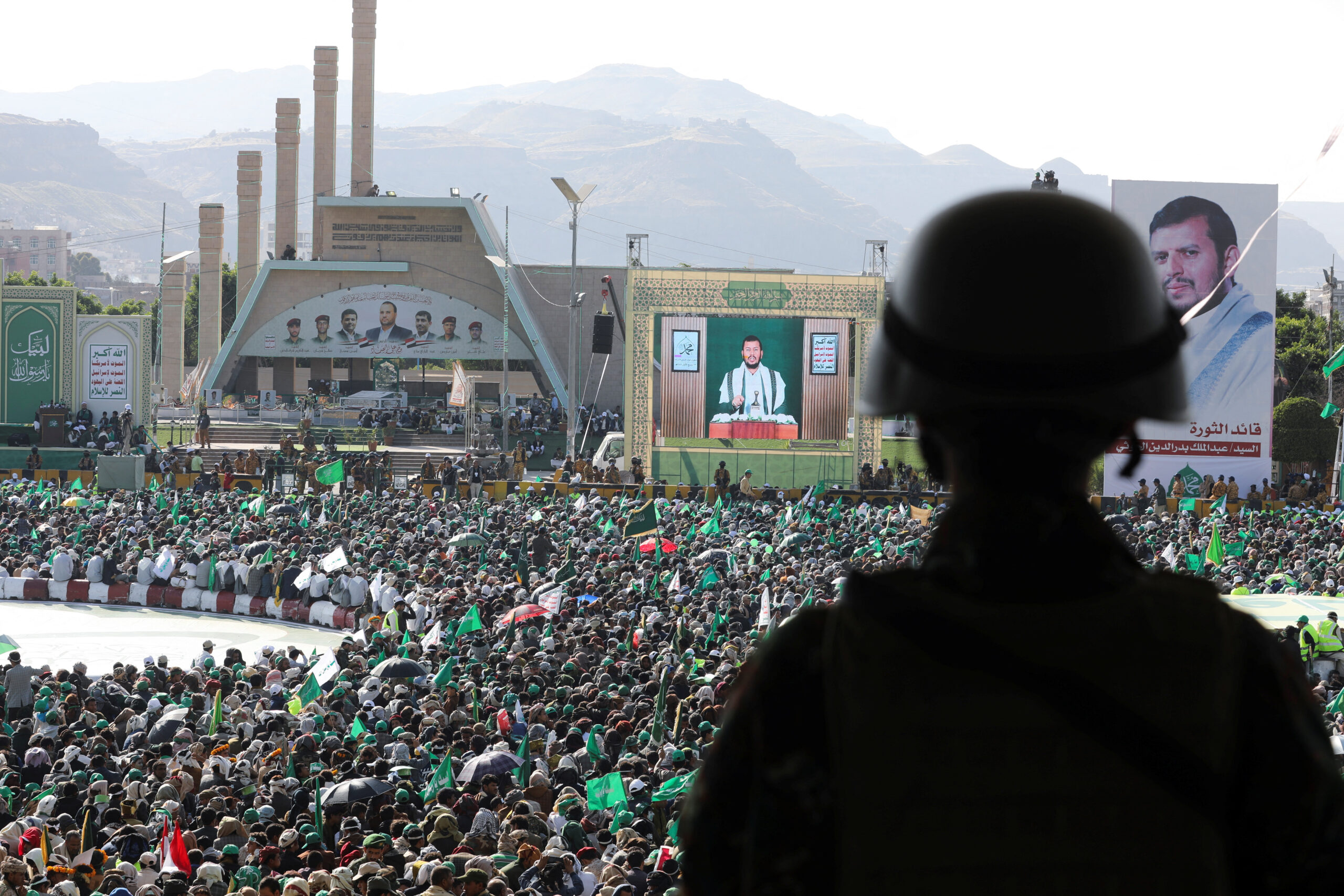
ملخص تنفيذي
بعد أكثر من ثماني سنوات من الحرب المدمرة في اليمن، هناك شيء واحد واضح، لا يزال الحوثيون يسيطرون على صنعاء. لم تدفعهم الضربات الجوية السعودية والإماراتية إلى اللجوء للجبال، ولم يجبرهم الضغط الدولي على الاستسلام على طاولة المفاوضات. بهذا المعنى، انتصر الحوثيون في الحرب. في هذا الوقت المتأخر، من غير المرجح أن يتم إجبار الجماعة عسكريًا أو دبلوماسيًا على الخروج من صنعاء.
هناك ثلاثة أسباب رئيسية لانتصار الحوثيين. أولاً، كانت الجماعة أكثر مرونة من خصومها، وقد قامت بعمل أفضل في تحويل الأعداء إلى حلفاء. على عكس التحالف الذي تقوده السعودية، والذي غالبًا ما حوّل الحلفاء إلى أعداء. ثانيًا، استفاد الحوثيون من سلسلة من القرارات السياسية السيئة والأخطاء الفادحة في ساحة المعركة من قبل خصومهم في حكومة اليمن المعترف بها من الأمم المتحدة، وكذلك من التحالف الذي تقوده السعودية.
أخيرًا، استغل الحوثيون الانقسام بين خصومهم، كان هذا هو الحال على الصعيدين المحلي والإقليمي. على الجبهة الداخلية، كان للجماعات المسلحة المختلفة التابعة للحكومة المعترف بها من الأمم المتحدة، مثل المجلس الانتقالي الجنوبي وحزب الإصلاح، أهدافًا مختلفة. وفي بعض الأحيان، دخلت في صراع مع بعضها البعض. إقليميًا، سعت السعودية والإمارات وراء غايات مختلفة وخاضتا حروبًا مختلفة. كل هذا سمح للحوثيين بالاستمرار في السيطرة على صنعاء، والسيطرة على الأرض، وفي النهاية تحقيق النصر.
ومع ذلك، فقد خلق الحوثيون تحديات كبيرة لأنفسهم سيكون من الصعب التغلب عليها في سيناريو ما بعد الصراع. تتعلق العوامل الثلاثة الأكثر إلحاحًا بالحوكمة والاقتصاد والحلفاء المحليين. لم يحكم الحوثيون بشكل فعال أو شفاف، ويفتقرون إلى القاعدة الاقتصادية لدعم دولة مستقلة، ولديهم مراكز قوة منفصلة، ولا سيما العديد من القبائل اليمنية، التي قد يحتاجون إلى دعمها قريبًا. باختصار، سيكون الحوثيون أكثر عرضة للخطر بعد الانسحاب الكامل للقوات السعودية والإماراتية مما كانوا عليه في أي وقت خلال الحرب.
قراءة الورقة كاملة بالإنجليزية
The views represented herein are the author's or speaker's own and do not necessarily reflect the views of AGSI, its staff, or its board of directors.


